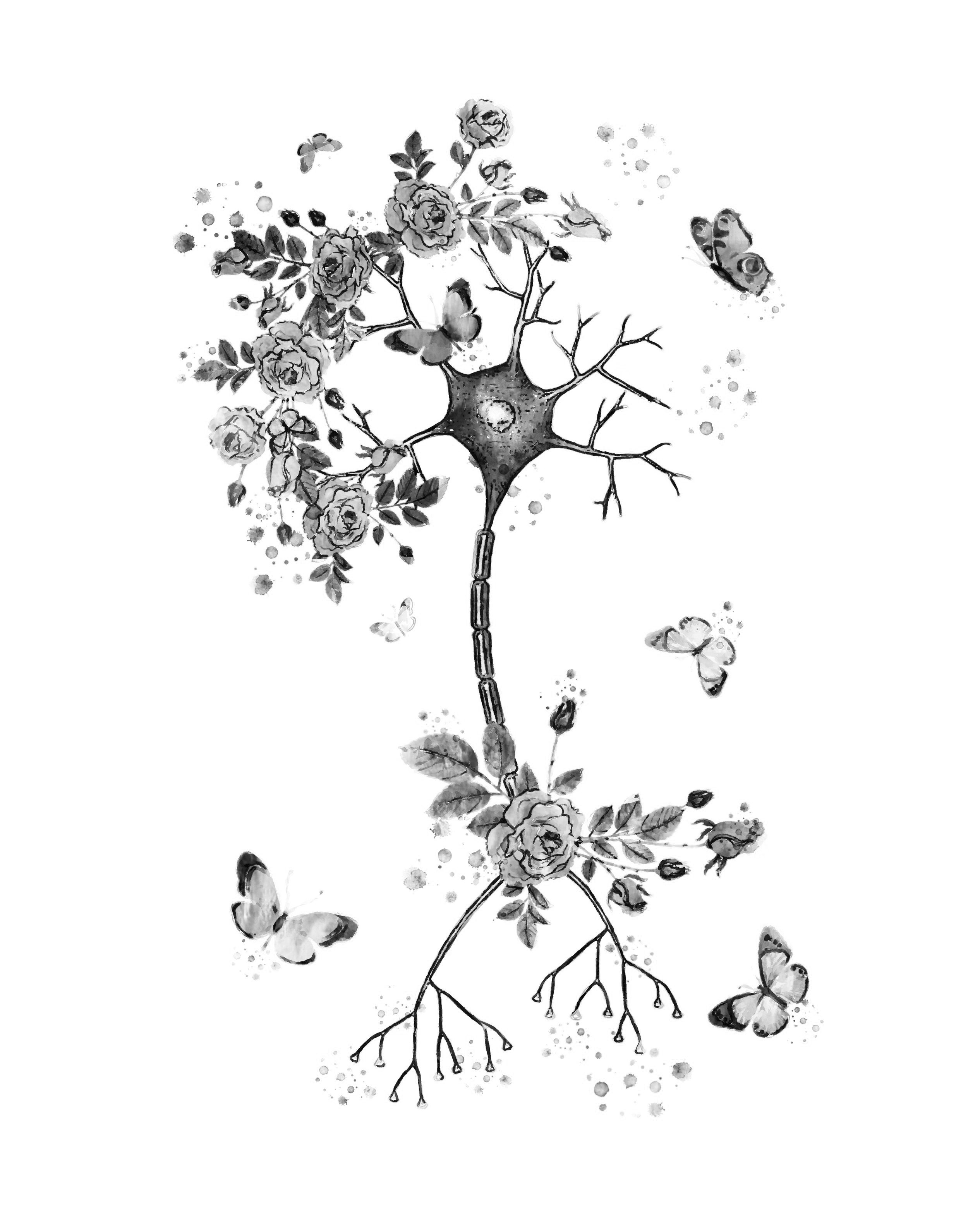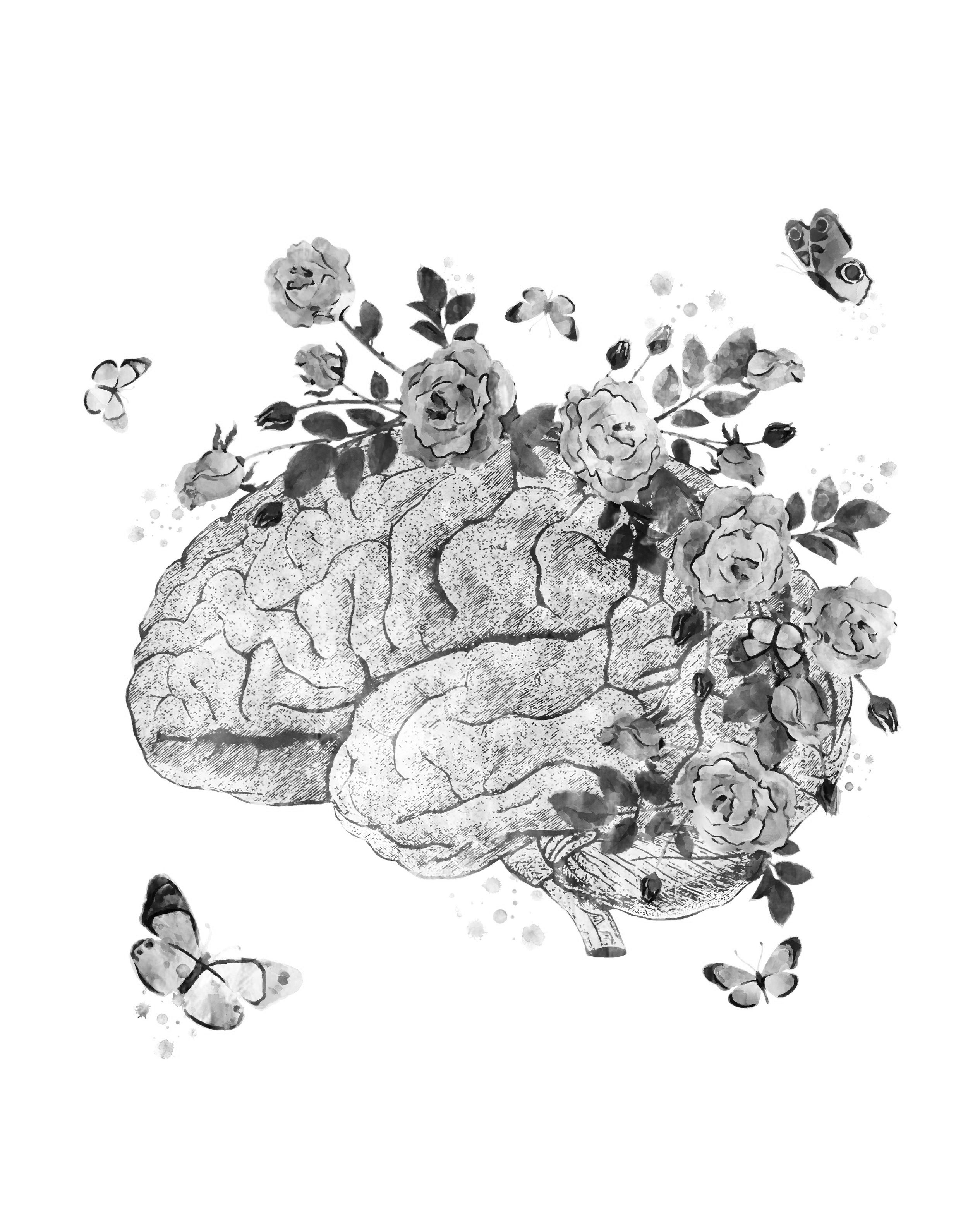
The Hope & Healing Sanctuary
Counselling & Life Coaching Services
105 Elma Street W Okotoks, Alberta
info@megroberts.ca
Meg Roberts Counsellor MC, CCC
Soulidarity - The home of The Hope & Healing Sanctuary
105 Elma St W Okotoks, Alberta
More services within Soulidarity - CLICK HERE
I'm Meg Roberts, the heart and soul behind The Hope & Healing Sanctuary. It's not just a professional endeavour for me— it's a deeply personal mission. I want you to know the person behind the title because, like you, I'm a fellow human navigating life's complexities. I am well aware of how challenging experiences, whether recent or historical, and day to day responsibilities, can lead to chronic stress and anxiety, and unresolved grief and trauma.
From my early years, a passion for helping others has been woven into the fabric of who I am. As a little girl, I couldn't bear to see others in pain, and while I couldn't take their pain away, I discovered a profound calling to guide them through their healing journey.
In the diverse roles I play – a wife, mother, stepmother, widow, former police officer, daughter, sister, aunt, and friend – I've learned life's lessons firsthand. My decade-long career as a police officer was a breeding ground for my desire to help people heal, and it was there that the dream of working in mental health and self-development took root.
However, the path became undeniably real after the sudden loss of my 30-year-old fiancé, Nick. This devastating experience served as a catalyst, propelling me towards a new purpose—to be a guiding light for those seeking healing.
I understand, on a profound level, how life's twists and turns impact our well-being. Whether you're dealing with loss, struggling with daily challenges, or simply seeking personal growth, I'm here for you. In my therapy space, which I like to refer to as a sanctuary, you'll find a safe, non-judgmental space where you can be authentically you, met with compassion, care, and respect.
Thank you for taking this brave step towards healing. Every day, I am profoundly grateful to be part of this transformative journey, and I can't wait to connect with you soon.
Credentials:
Master of Counselling Psychology - City University of Seattle
Canadian Certified Counsellor (CCC) - Canadian Counselling and Psychotherapy Association (CCPA) #11247245
Bachelor of Arts Criminal Justice - Athabasca University
Grief Recovery Specialist - Grief Recovery Institute
Certified Coach Practitioner - Certified Coaches Federation
Somatic EMDR Practitioner - COMING SOON
The Hope & Healing Sanctuary Approach
The Hope & Healing Sanctuary takes a whole person approach to therapy and coaching. This approach emphasizes a holistic view of individuals. The Hope & Healing Sanctuary recognizes that humans are complex beings with various interconnected aspects, including physical, emotional, cognitive, social, and spiritual dimensions. As such, the goal of both counselling and coaching is to understand and address the client’s concerns from a comprehensive perspective. The Hope & Healing Sanctuary values what the client’s bring to the table. A client’s expertise in their own experiences, thoughts, emotions, and needs are welcomed in the Hope & Healing Sanctuary space and clients are encouraged to embrace self-reflection and self-exploration, and to actively participate in their therapeutic and growth journey. Specific issues may include but are not limited to anxiety, depression, stress, grief, and trauma.
Mindfulness
Mindfulness involves cultivating present-moment awareness and non-judgemental acceptance of one’s thoughts, feelings, and bodily sensations. It can help individuals develop a greater sense of self-awareness, emotional regulation, and resilience. Mindfulness practices, such as meditation or breathing exercises, may be incorporated into the counselling process to support the client’s well-being and personal growth.
Attachment Based
The Hope & Healing Sanctuary believes it is sometimes important to explore the relationships in your life. Relationships serve as our first introduction to security and connection. The behaviours and habits we form through these relationships can provide important insight into how we are currently showing up in relationships, including relationships with ourselves.
Trauma Informed
Each of us experience unforeseen situations throughout our lives. Often, these challenging experiences leave us feeling unprepared to navigate them. A trauma-informed approach recognizes the prevalence and impact of trauma on individuals’ lives. The Hope & Healing Sanctuary adopts an understanding of trauma’s effects on the client’s well-being, relationships, and overall functioning. It is a safe and supportive environment that fosters healing, respects the client’s boundaries, and avoids re-traumatization. Trauma-informed care emphasizes empowerment, collaboration, and validation.
Compassionate & Safe
The Hope & Healing Sanctuary approach prioritizes creating a compassionate and safe space where the client can feel comfortable expressing themselves openly and honestly. Client’s will be met with empathy, understanding, and non-judgemental acceptance. This environment encourages trust and allows the client to explore difficult emotions, experiences, and vulnerabilities without fear or criticism or rejection.
Services
-

Therapy
Counselling is a collaborative process between a trained mental health professional, typically a counsellor, therapist, or psychologist, and an individual seeking assistance. The primary goal of mental health counselling is to help individuals improve their overall well-being and quality of life by addressing their emotional, behavioural, and psychological challenges. Specific issues may include but are not limited to anxiety, depression, stress, grief, and trauma.
-

Coaching
Life coaching is becoming something of a trend, but for some, it’s a necessity. Whether you’re seeking success, greater clarity, a new perspective, or help to find your purpose, coaching might be for you. Coaching is individualized and tailored to each client. Life coaching is recommended if you are seeking direction, working towards a significant goal, or preparing to take the next ig step in your life. Anyone can benefit from life coaching if you are eager and willing to do the work. Should you hire a life coach? CLICK HERE to find out.










